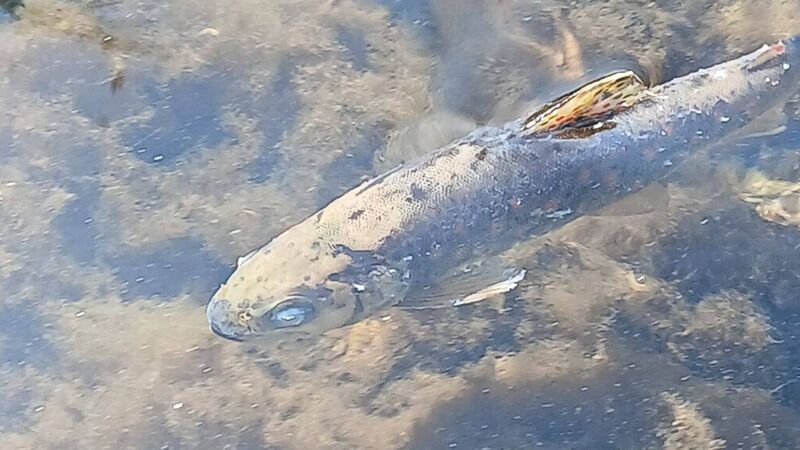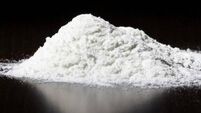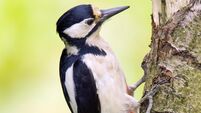Expert says Cork fish kill caused ‘agonising deaths’ as toxic spill suspected on River Blackwater

Species most affected include brown trout and Atlantic salmon, of all life stages, from fry to adult.
Many of the thousands of fish killed on a Cork river and its tributaries died in agony by having their flesh eaten away by severe necrosis.
That is according to an expert who examined them and carried out tests after what has been described as the biggest fish kill in the history of the State.
















